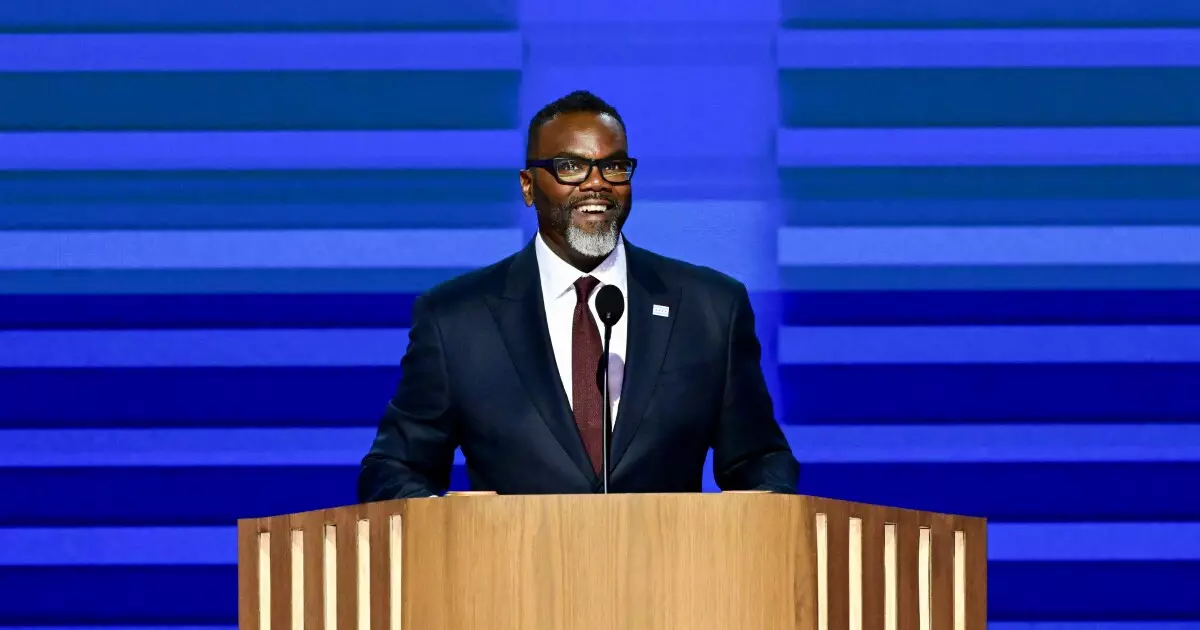Chicago finds itself at a significant fiscal crossroads as discussions around a proposed $300 million property tax increase intensify. Kroll Bond Rating Agency (KBRA) recently placed the city’s A general obligation (GO) bond rating on a watch for downgrade, highlighting an urgent need for the City Council to adequately address substantial budgetary shortfalls ahead of a critical vote. This situation is not merely a numbers game; it encapsulates the complexities of urban fiscal management, political maneuvering, and the implications for the populace.
Immediate Financial Concerns and Implications
With the corporate fund projected to run a staggering shortfall of $982.4 million for 2025, KBRA’s assessment sheds light on multiple financial vulnerabilities. The city’s heavy reliance on one-time revenue solutions and the significant burden from pension obligations further complicate an already precarious fiscal landscape. Such a dependency raises alarming questions regarding sustainability and long-term fiscal health. If the city’s budget remains vulnerable to the volatility of economically sensitive revenue sources, it risks collapsing under pressure, sparking a chain reaction of financial instability across the city.
Moreover, the delayed budget process this year has exacerbated these challenges, exposing the city’s ill-preparedness to navigate such a sizable projected shortfall. KBRA indicated an urgency in addressing these fiscal challenges before the city’s plans to offload $1.5 billion in debt later this year. Notably, the maintenance of the current A rating hinges on the city’s ability to craft a budget that effectively tackles its structural deficits without undue reliance on one-off financial fixes.
The Proposed Property Tax Increase
The proposed property tax increase, initially touted as a component of Mayor Brandon Johnson’s 2025 budget, symbolizes both a tactical pivot and a substantial compromise on previously stated campaign promises. This increase is being framed as a necessary measure to navigate a budget that has suffered from decreased funding at both state and federal levels. Johnson’s budget outlines an 80/20 mix of structural fixes and one-time revenues, aiming to balance immediate requirements while also attending to long-term needs.
However, this proposal has drawn significant pushback. A recent letter signed by nearly 60% of the City Council’s alderpeople advocates for a separate vote on the tax increase. A CNN report indicates that discussions are shifting towards reprogrammed federal stimulus funds alongside other new revenue measures, signaling an inclination to minimize the tax burden on residents. The evolving conversation suggests a contention between immediate fiscal remedies and broader strategic financial planning.
With other credit rating agencies such as Fitch Ratings and S&P Global Ratings offering praise for the proposed tax increase as a sustainable revenue solution, it creates a discernible divide in perception. While KBRA maintains that immediate structural fixes are required to avert future fiscal disasters, these ratings agencies highlight the need for consistent revenue sources to ensure financial viability.
Linda Vanderperre, a senior director at KBRA, emphasizes the requirement for an actionable budget plan that transcends temporary revenue influxes, warning that lingering issues around financial policies and pension funding continue to pose risks for the city’s fiscal stability. It’s essential to recognize that a continuous focus on temporary solutions may result in compounding liabilities in subsequent years if not properly checked.
The tumultuous backdrop of Chicago’s fiscal policy highlights a pressing need for robust and diverse sources of revenue. The mention of the city’s “budget stabilization fund” and the call for adherence to established financial policies evokes the complexities in managing urban financial health. Achieving a stable financial footing necessitates a paradigm shift away from transient fixes towards sustainable fiscal management.
As CBRA anticipates the potential resolution of the rating downgrade watch by early January, the urgency of addressing budget deficits by the legally required timeline of December 31, 2024, looms large. The path forward is fraught with risks, but it presents an opportunity for transformative policy approaches aimed at both immediate relief and long-term stability.
As Chicago navigates through these turbulent financial waters, the city’s leadership is presented with a unique challenge—the potential to reshape its fiscal future while adhering to principles of responsible sourcing and governance. The upcoming vote and subsequent negotiations are not just a matter of balancing books; they encapsulate the aspirations of a city striving to emerge from the shadows of fiscal distress, asserting its resilience and capacity for thoughtful change in the face of adversity.

